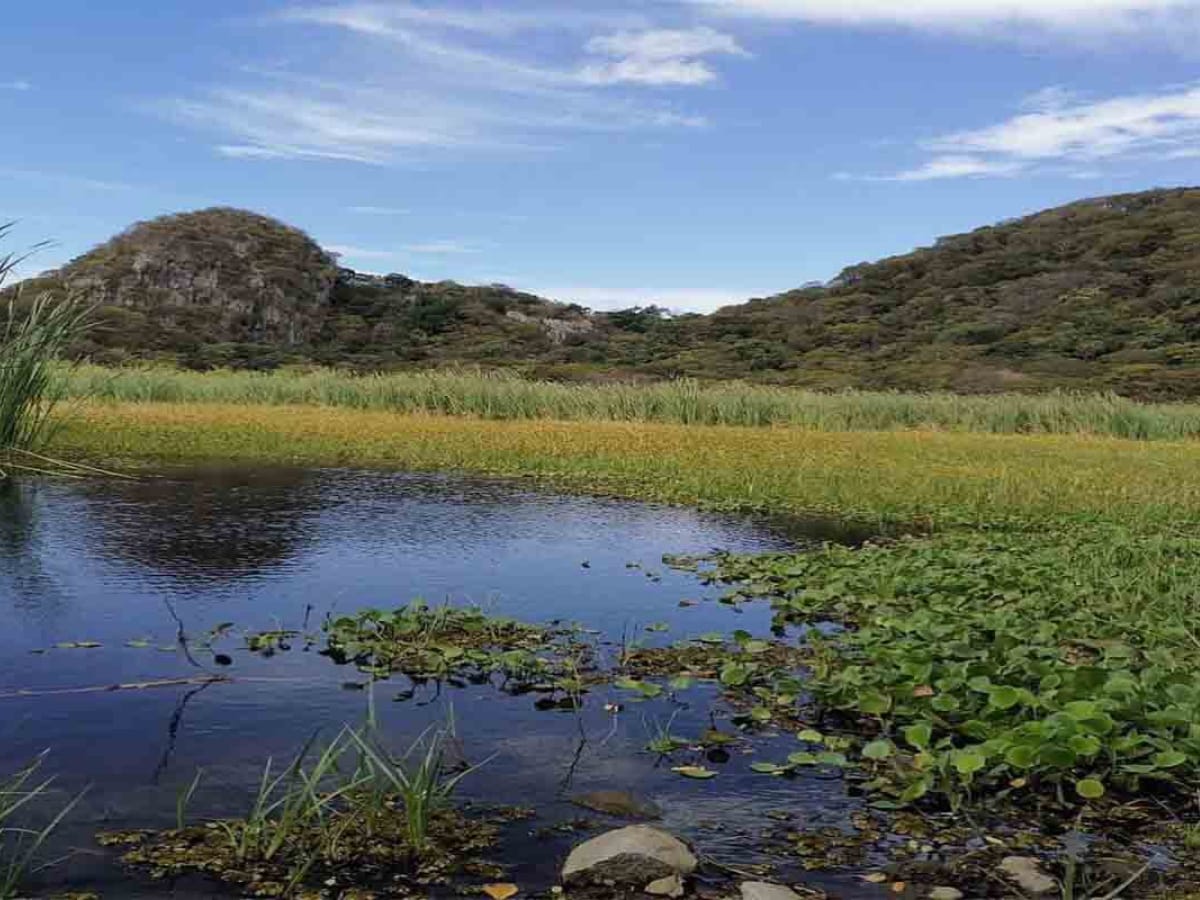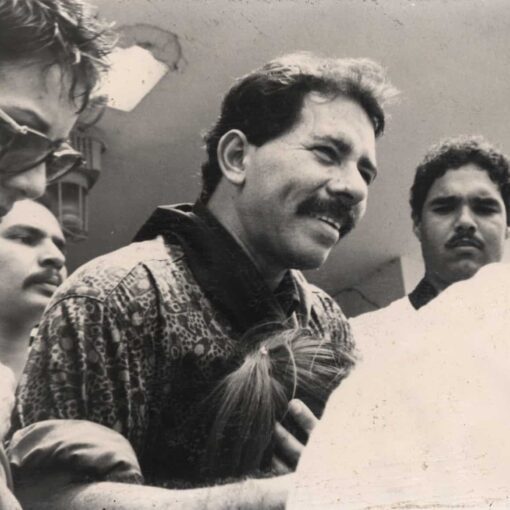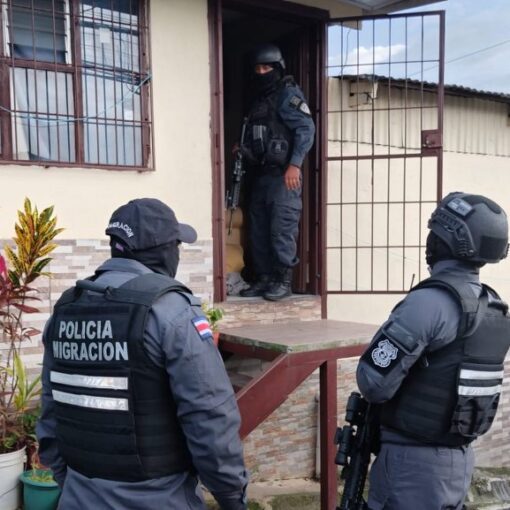In a dramatic turn fit for a telenovela, judicial agents from Costa Rica’s Judicial Investigation Organization (OIJ) swooped in on Wednesday to arrest a prominent Tico male identified as Arias-Alfaro, acting on an international arrest warrant issued by the U.S. Department of Justice. The sting, orchestrated in coordination with the U.S. Drug Enforcement Administration (DEA), highlights an intensifying crackdown on transnational drug trafficking that has Costa Rica squarely in the crosshairs.
Arrest in the Heart of San José
In the bustling downtown district—far from the serene coffee plantations that often dominate Costa Rican headlines—Arias-Alfaro was apprehended in a swift operation by OIJ agents. According to the Costa Rican Prosecutor’s Office, he was taken into custody in a public square, underlining both the boldness of the operation and the authorities’ confidence in shielding bystanders from collateral harm.
“We moved swiftly once confirmation arrived from our U.S. counterparts,” a spokesperson from the Prosecutor’s Office explained. “Our priority was to secure the suspect without incident and begin the extradition process immediately.”
Standard security protocols were followed: after handcuffs clicked shut, Arias-Alfaro was transferred to the Public Ministry facility in San José, where he will remain pending formal extradition proceedings. Under Costa Rican law, suspects in extradition cases are held in secure custody to prevent flight risks or attempts to tamper with evidence.
The International Warrant: From Washington to San José
The arrest stems from a U.S. Department of Justice indictment alleging Arias-Alfaro’s central role in an international drug trafficking case. Details of the indictment describe a sophisticated network responsible for funneling large shipments of narcotics—predominantly cocaine—from South America through Central America and onward to U.S. markets.
- Charges include: conspiracy to distribute controlled substances, money laundering, and use of financial instruments to facilitate trafficking.
- Potential penalties: up to life imprisonment under U.S. federal law if convicted.
According to the DEA’s statement, their investigation utilized financial intelligence and intercepted communications to map the cartel’s hierarchy. Those leads were shared with the OIJ under longstanding bilateral cooperation agreements, demonstrating a high level of trust between the agencies.
A Second Act: Previous Detention and Pretrial Measures
This was not Arias-Alfaro’s first brush with Costa Rican justice. On June 17, 2025, he was detained in San José on suspicion of ties to a criminal organization engaged in both drug trafficking and money laundering. At that time, instead of pretrial detention, a judge imposed alternative measures:
- Travel ban: Arias-Alfaro was barred from leaving the country.
- Regular check-ins: He was ordered to report to the Prosecutor’s Office every 15 days for six months.
- Asset restrictions: His financial transactions were monitored to prevent the dissipation of suspected illicit gains.
Legal experts noted that such pretrial measures are common in cases involving Costa Rican nationals, reflecting respect for due process while balancing public safety concerns. Nonetheless, prosecutors maintained surveillance, and once the U.S. warrant was finalized, they acted without delay.
Extradition Overhaul: A New Legal Landscape
Costa Rica’s ability to hand over its own citizens marks a significant shift. In May 2025, a pivotal legal amendment came into effect, explicitly allowing for the extradition of Costa Rican citizens—whether by birth or naturalization—to any country with which Costa Rica holds an extradition treaty. Key features of the amendment include:
- Streamlined judicial review: Courts now have clear statutory guidelines for expediting extradition hearings.
- Human rights safeguards: Guarantees that extradited individuals will receive fair treatment and due process abroad.
- Bilateral reciprocity: Enhanced expectations that foreign governments respect Costa Rican legal norms when requesting extradition.
This reform was widely championed by both ruling and opposition parties, who cited rising concerns over transnational organized crime. “We cannot be a safe haven for criminals,” declared a leading congressperson during the legislative debate.
Other High-Profile Apprehensions
Arias-Alfaro’s arrest is just the latest in a string of detentions linked to U.S. requests. Earlier this week, on Monday, two more Costa Ricans were taken into custody:
- Celso Manuel Gamboa-Sánchez: A former high-ranking politician and attorney accused of facilitating money laundering for drug cartels.
- López Vega: An alleged logistics coordinator in the same trafficking network targeted by U.S. prosecutors.
Both arrests were carried out by the OIJ and underscore the broad sweep of cooperation between the Judicial Investigation Organization and international law enforcement partners.
The OIJ’s Nationwide Mandate and Public Hotlines
The OIJ, a division of the Supreme Court of Justice, bears nationwide police authority for criminal investigations. Beyond high-profile arrests, its mandate includes:
- Forensic analyses: From DNA profiling to digital forensics, underpinning judicial proofs.
- Specialized task forces: Units dedicated to cybercrime, corruption, and human trafficking.
- International liaison offices: Ensuring seamless collaboration with agencies like the DEA and INTERPOL.
To further engage citizens, the OIJ has publicized confidential tip lines:
- Hotline: 800-8000-645
- Quick line: 11-76
These lines operate 24/7 in both English and Spanish, allowing anyone to report suspicious activity or verify the status of wanted individuals.
“Public cooperation is vital,” emphasized the OIJ’s director. “Every tip brings us one step closer to dismantling these dangerous networks.”
What Happens Next? Extradition and Trial
With Arias-Alfaro in OIJ custody, the Public Ministry must formally review the U.S. request. The typical extradition process proceeds as follows:
- Judicial hearing: A Costa Rican judge assesses the legality of the U.S. warrant and ensures compliance with domestic extradition statutes.
- Ministerial approval: The Minister of Foreign Affairs signs off on the handover once the judiciary’s conditions are met.
- Physical transfer: The suspect is handed over to U.S. Marshals or DEA agents at a designated location, often under tight security.
Legal analysts predict that, barring appeals, the transfer could occur within 60 to 90 days. Once on U.S. soil, Arias-Alfaro will face federal court—likely in a district renowned for adjudicating large-scale narcotics cases.
Regional Implications and the Road Ahead
Costa Rica’s proactive stance signals a broader regional shift. As Central America grapples with cartel violence and mass migration, countries are increasingly forging legal tools and partnerships to reclaim security sovereignty. Experts point to several downstream effects:
- Deterrence: Publicized extraditions may dissuade would-be traffickers from using Costa Rican soil as a transit hub.
- Capacity building: Joint operations enhance OIJ expertise in international investigations.
- Diplomatic currency: Demonstrated cooperation strengthens Costa Rica’s bargaining power in broader trade and security negotiations with the United States.
Yet challenges remain. Cartels adapt with splinter groups and clandestine routes. The OIJ, backed by newly ratified extradition laws, acknowledges this is a marathon, not a sprint.
A Brown-and-Green Future: Vigilance over Verdant Horizons
As Costa Rica balances its identity as a global eco-tourism haven with the hard realities of transnational crime, institutions like the OIJ stand at the forefront—combining scientific rigor, international collaboration, and community outreach. The dramatic arrest of Arias-Alfaro serves as both a warning to criminal networks and a reassurance to citizens that justice knows no borders.
In the weeks ahead, all eyes will be on San José’s courts and the skies above, where a U.S. aircraft may one day carry Arias-Alfaro toward trial in America. Until then, the story remains a potent reminder that in the fight against drug cartels, even the verdant landscapes of Costa Rica offer no hiding place for those who jeopardize public safety.
Source link
Admin



